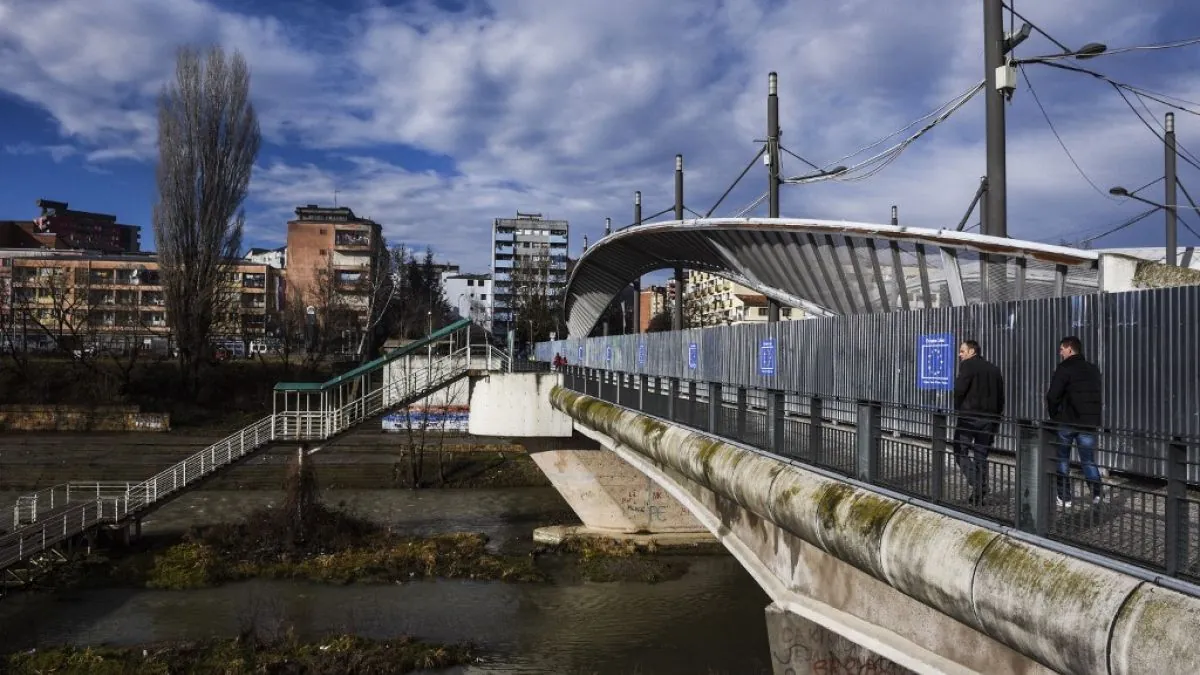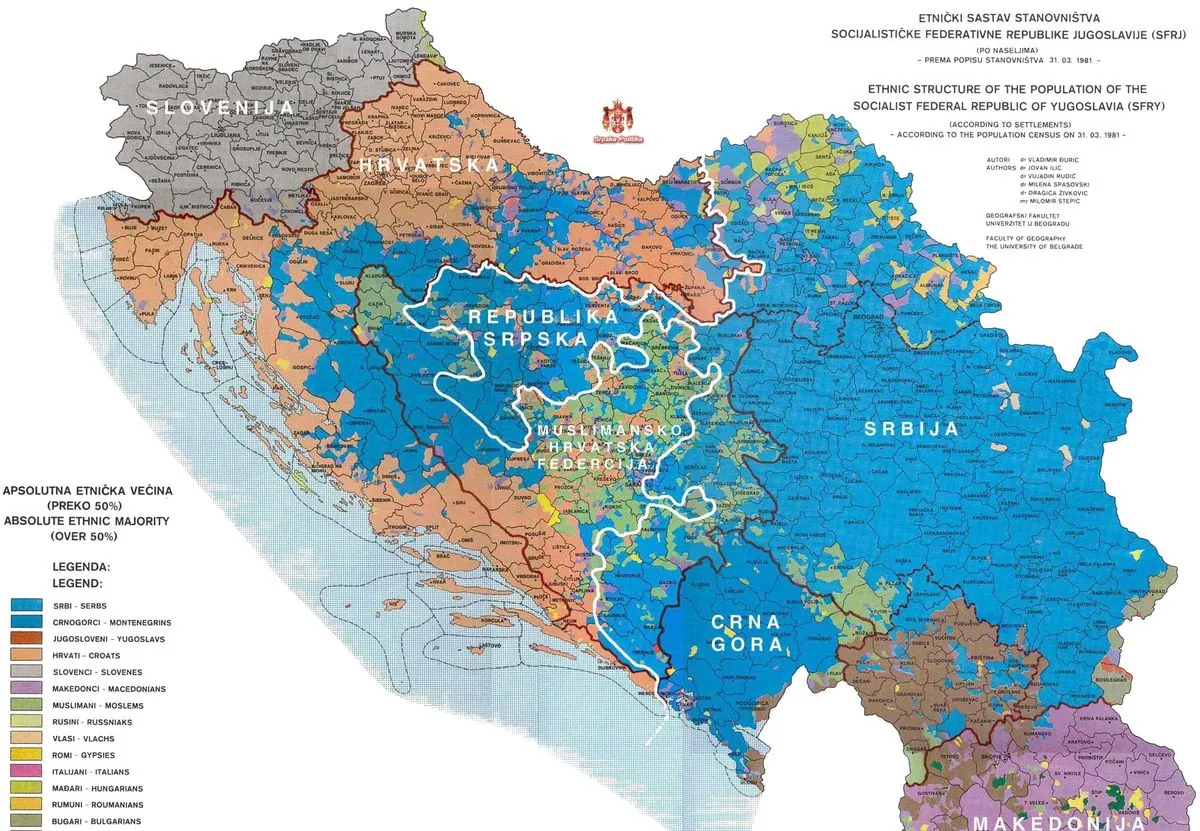Kosovo's Bridge Opening Plan Sparks Tension, Allies Warn of Potential Conflict
Kosovo's president cautions against opening Mitrovica bridge without NATO coordination. The move could lead to clashes between local police and U.S. troops, raising concerns among international allies.

In a recent development, Vjosa Osmani, Kosovo's president, has expressed concerns about the potential consequences of opening a bridge in Mitrovica without proper coordination with NATO forces. This move, planned by Prime Minister Albin Kurti's government, could potentially lead to a confrontation between local law enforcement and U.S. troops stationed in the area.
The bridge in question, situated in the ethnically divided town of Mitrovica, has been largely inaccessible to vehicular traffic since the conclusion of the Kosovo conflict 25 years ago. While pedestrians can currently use the bridge, its full opening would mark a significant symbolic step in the region's complex history.
Mitrovica, a city in northern Kosovo, is divided by the Ibar River into southern Albanian-majority and northern Serb-majority sectors. The bridge connecting these areas has long been a flashpoint for ethnic tensions, witnessing some of the most severe clashes between the two communities.
Osmani emphasized the importance of avoiding conflict with Kosovo's allies, stating, "We have no reason to have conflicts with our allies. They have saved us ... and they are here together with us to protect our sovereignty." This statement underscores the delicate balance Kosovo must maintain with its international supporters.
The United States, European Union, and NATO have all voiced apprehensions about the bridge opening plan, warning that it could potentially ignite ethnic violence and necessitate NATO intervention to preserve peace. NATO, which maintains a force of over 4,500 troops in Kosovo, including U.S. personnel, has stated its readiness to respond to any security developments.

Kosovo, with a population of approximately 1.8 million, declared independence from Serbia in 2008, nearly a decade after a guerrilla uprising against Serbian rule. However, tensions persist, particularly in the north where the Serb minority, comprising about 6% of the population, continues to view Belgrade as their capital and refuses to recognize Kosovo's statehood.
The situation in Mitrovica reflects the broader challenges facing Kosovo. Despite progress in some areas, such as participating in the Olympic Games as an independent nation since 2016, Kosovo still faces obstacles in international recognition. It is not a member of the United Nations due to opposition from Serbia and its allies.
As Kosovo navigates these complex issues, the decision regarding the Mitrovica bridge opening remains a critical test of the country's ability to balance internal aspirations with international concerns. The coming days will likely be crucial in determining whether a peaceful resolution can be reached or if tensions will escalate further in this historically volatile region.
"Is it in Kosovo's interest for us to see a conflict between our police and U.S. soldiers? I don't believe there is any Albanian that agrees with such a thing."
This statement from President Osmani encapsulates the dilemma facing Kosovo's leadership as they weigh the potential benefits and risks of opening the Mitrovica bridge. As the situation unfolds, all eyes will be on Kosovo to see how it navigates this delicate diplomatic and security challenge.


































